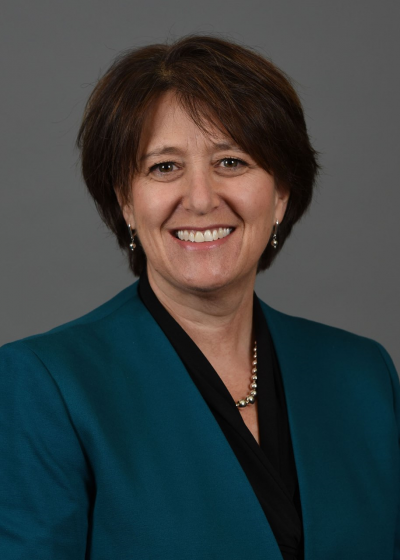Alumni Interview: Ellen Burack
Graduates of the School’s programs embark on a wide range of career paths in the broad area of public service and public affairs. The video interviews, alumni profiles, and stories of our distinguished alumni provide a snapshot of these paths.
Carleton 75 Alumni Videos
Alumni Interviews
Distinguished Alumni

Ellen Burack is the Assistant Deputy Minister for major projects at the Department of Natural Resources Canada. Read about her experiences at the SPPA below
Q: How did you know that Carleton SPPA was the right program for you?
“I did a bachelor’s degree in business administration. I was working in the private sector in marketing. And I just wasn’t feeling it, I wasn’t getting up every morning with purpose. So I started looking around at what I might do a Master’s in, and stumbled on Public Policy, and it sparked something in me. Looking around, I knew I was interested in federal powers; international issues, immigration issues, in environment, shared jurisdiction with the provinces. I wanted to get as close as that possible for research purposes and co-op jobs, so I decided to come to Carleton.”
Q: What was the transition like from school to the workforce?
“I didn’t find that very hard. We were used to working hard, we were used to working in teams, we were used to working on a variety of things at once. Those were the things that carried on into work time. It was really nice to be at a school in Ottawa and moving into the public service where so many of my classmates were also getting jobs there. You had a ready-made network. We didn’t have to start building that from zero. And that’s a social network but also a business network! You could give people a call when you weren’t quite sure what you were doing, getting together for drinks and kind of comparing notes. I wouldn’t say it’s seamless because it was a change, but it was as seamless as it could have been.”
Q: What position do you hold now and what work does this involve?
“I’m the Assistant Deputy Minister responsible for major projects at the Department of Natural Resources. A DM is the most senior person in a department, and they has some ADMs that manage a piece of that. My piece of that focuses on how we can see good resource projects go forward in a way that supports the engagement and prosperity of Indigenous communities.
My team is working closely with Indigenous communities, understanding their interests, understanding their rights, understanding their issues and concerns and working to kind of address those to make sure that as projects go forward, they don’t go forward in a way that’s detrimental to those communities.
Reconciliation is important to me. It should be important to all Canadians, and I feel that I’m doing something that really contributes to that. Each thing I’ve done (and I’ve done a lot of different things over the years), has been different in a lot of ways but fundamentally has been important to me, in moving something important forward.”
Q: What was the most memorable experience during your time at the School?
“I remember the profs. They weren’t just teaching us, they were actually learning from us too. They were really interested in what we had to say, they treated us like adults. It was very striking. I remember one prof for example, graduation day, this prof did not like the speaker that had been chosen as the keynote address. It wasn’t that he didn’t like him personally, but they had some differences of views strong enough that the prof didn’t come to graduation. And he just couldn’t do that with these students that he’d come to care about graduating without somehow acknowledging it. So he stood in the parking lot and waited for students as they were filing out to hug them and wish them luck and to congratulate them. To me that was the profs in the School of Public Policy and Administration… it was a labour of love for them, I felt to help shape the views and skills of these people who were passing through their halls and that’s always stuck with me.”
Q: Do you have any advice for current or future students?
“Take advantage of all the opportunities that are offered, do as many co-ops as you can, try different things. You may be surprised by what lights you up, and what you thought would light you up but doesn’t. I was sure that I was going to be working in immigration for my career – and I never have! When I got into it, I have spent most of my career on environment related issues and absolutely loved that. Just reach for a bunch of different things, collect what you can even from the most challenging experiences, and that might be courses that don’t go the way you hoped, or jobs that don’t. Learn from good and bad bosses alike. I probably learned more from some really horrible bosses about what not to do than even I learned from the best of bosses on what to do. If you treat the journey as a learning experience, you can do really interesting things.
Another thing is it’s really about the people. In business or professional circles you would call it your network. Understand your strengths and weaknesses, surround yourself with people with different strengths and weaknesses. Use your network, share your resources, try to learn from theirs as well as your own; you’ll learn a lot more quickly. And don’t be afraid to use your connections to improve your own work but also improve your career as you move forward. People and learning are the things that for me, have been the most important and significant to carry along with me. “